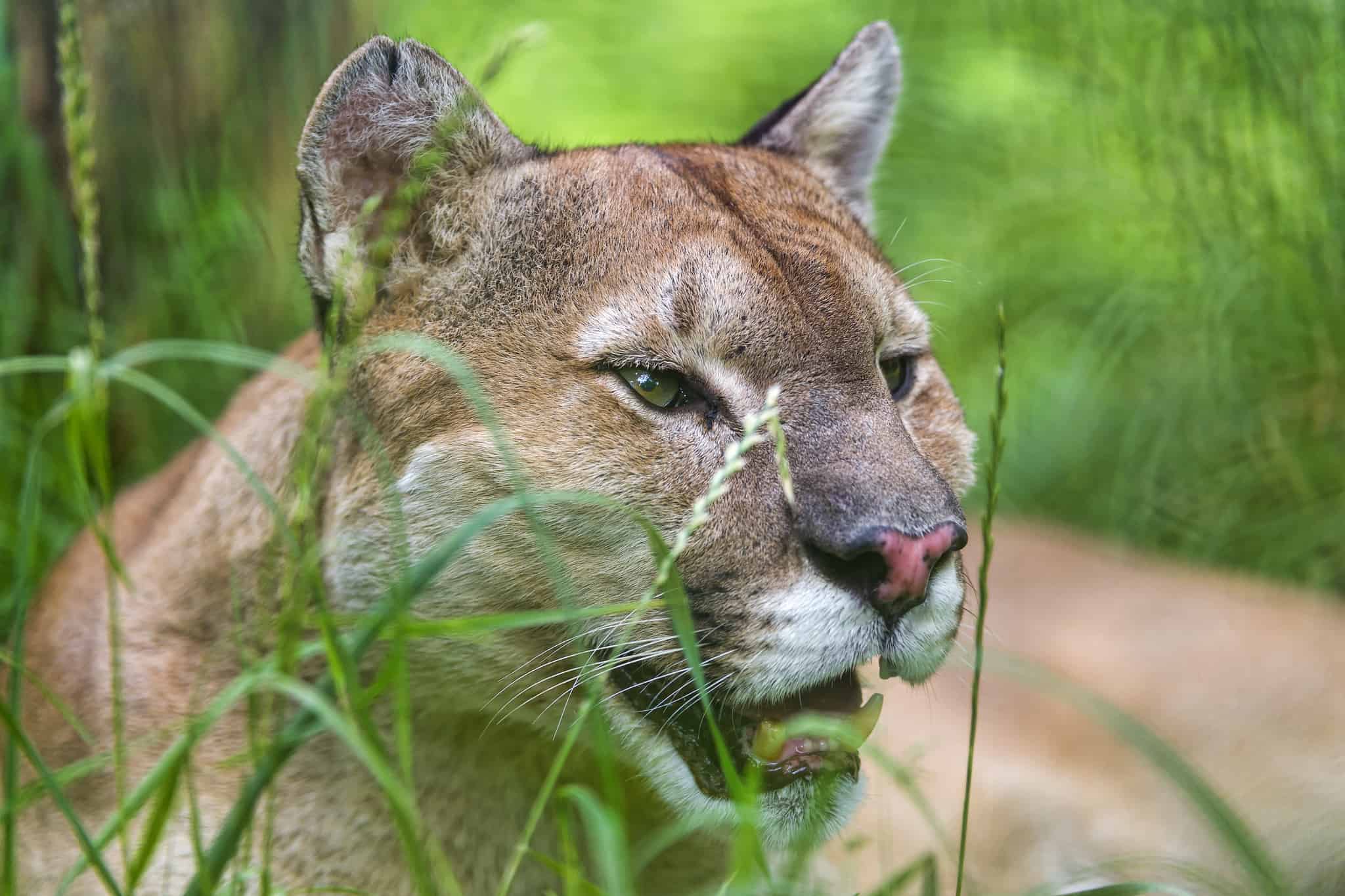The National System of Conservation Areas (SINAC) has reported 38 incidents in which felines have preyed on domestic animals. Pumas, jaguars, ocelots, coyotes, and other felines appear as the main predators. In 2023, the puma was involved in 18 incidents and the jaguar in 9 cases involving domestic animals in different provinces. However, SINAC highlighted that Alajuela and San José have registered the highest number of attacks.
These interactions are likely associated with factors of urban expansion throughout the country. The uncontrolled spreading out of urban areas implies deforestation, loss of habitat, less territory to move around in, fragmentation of ecosystems, and the loss of biodiversity. In general, wild felines inhabit very large territories, their presence in urban areas is rare but possible.
The sighting by itself is not a cause for alarm. These wild animals may use the banks of rivers, lots, pastures, coffee plantations, parks, or other areas as transit zones in search of food, or simply as part of their natural displacement within their extensive territories.
“Remember that, in urban areas, these animals are only in transit. In the presence of a wild cat in residential areas, always stay inside your house or vehicle until you are sure that the animal has left the area. In these cases, also keep your pets inside the house and not in the yard,” SINAC advised.
In other cases, these interactions occur because some farmers, due to their economic limitations, do not have good practices in the management of livestock and domestic animals, which facilitates predation by wild animals. SINAC has given advice and technical indications on the type of anti-predatory measures that must be implemented to reduce depredations by felines and other wild animals.
“We also work together with the livestock sector and the population of the jaguar corridor in our country to implement management practices that will reduce the number of incidents of predation of domestic animals by wild felines,” the institution stated.






